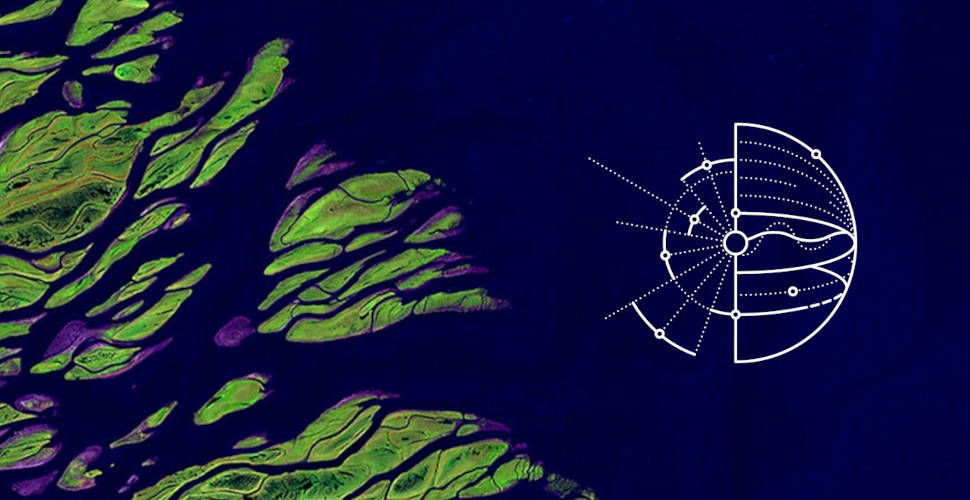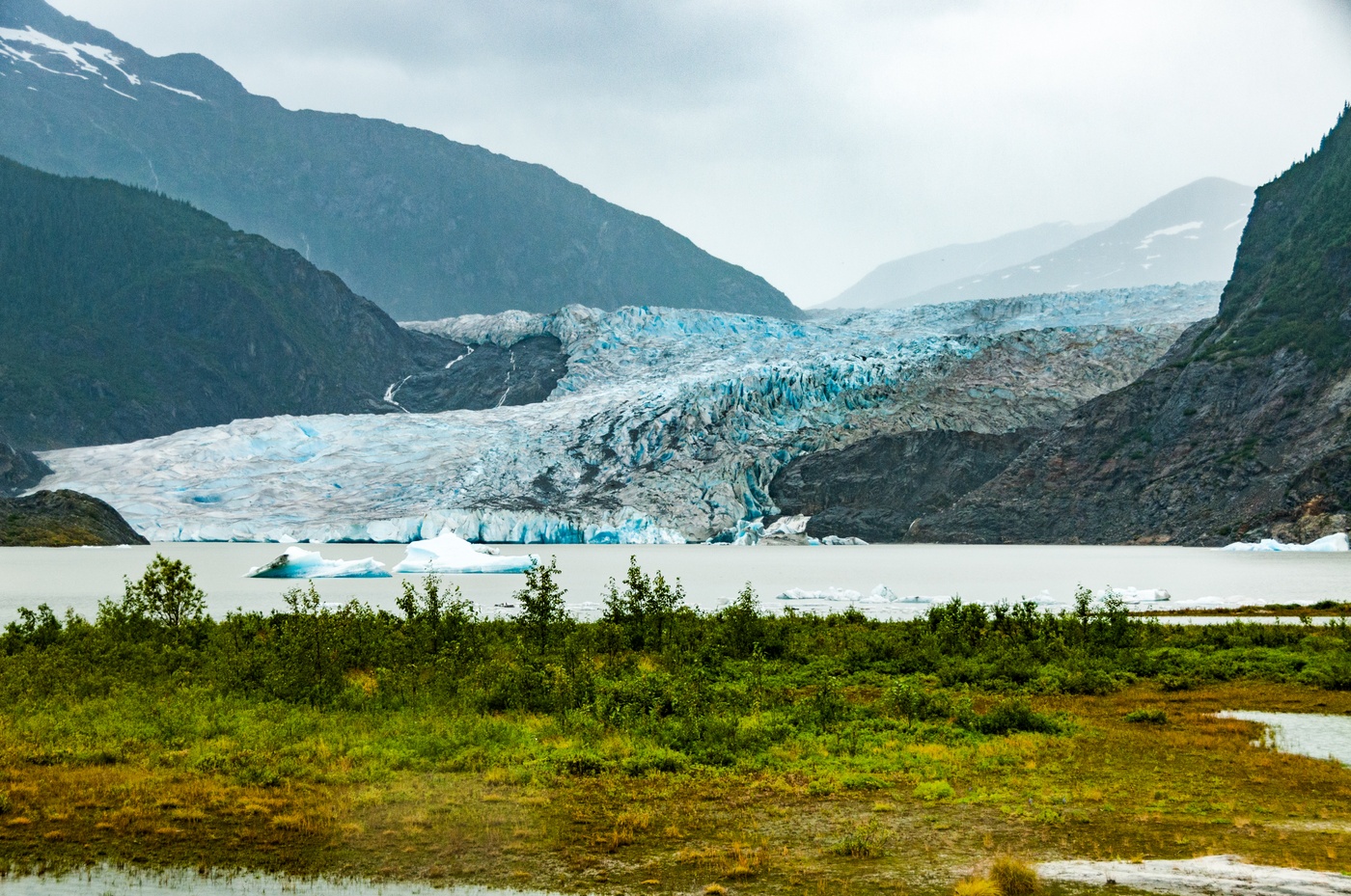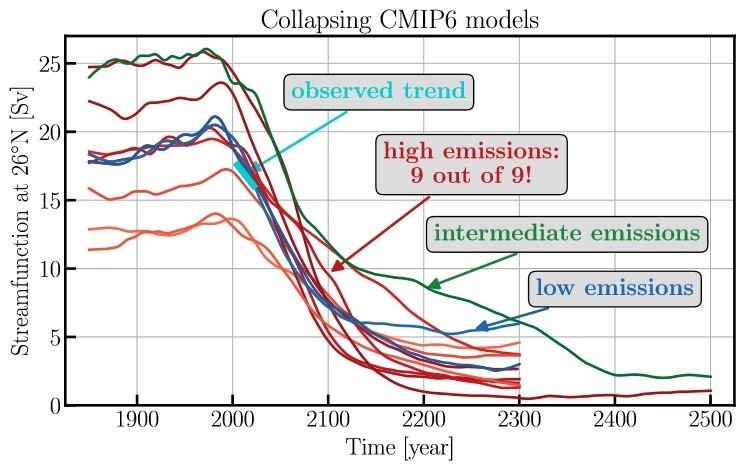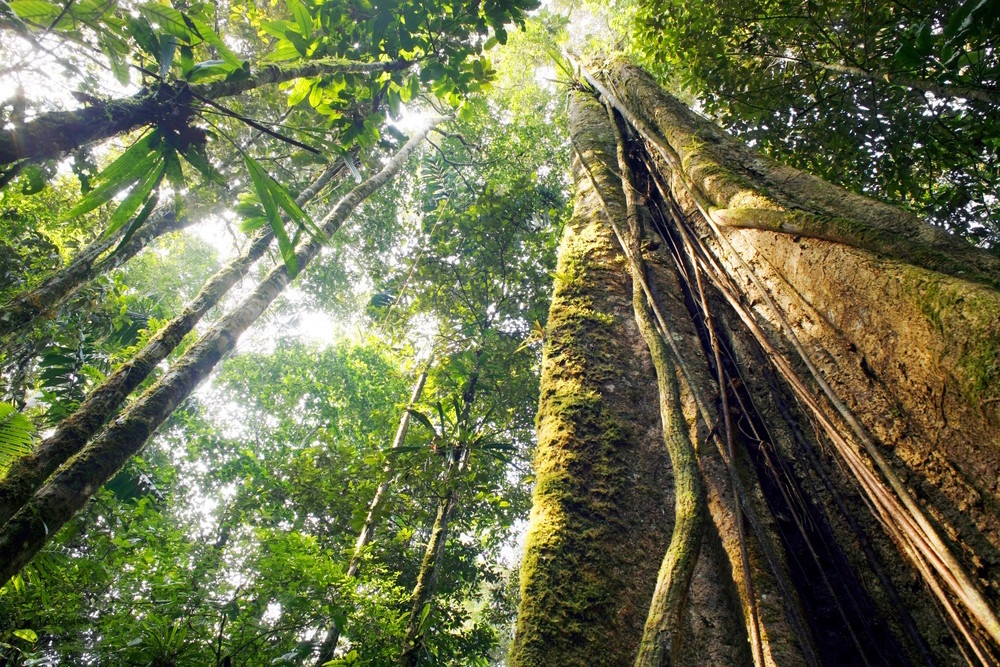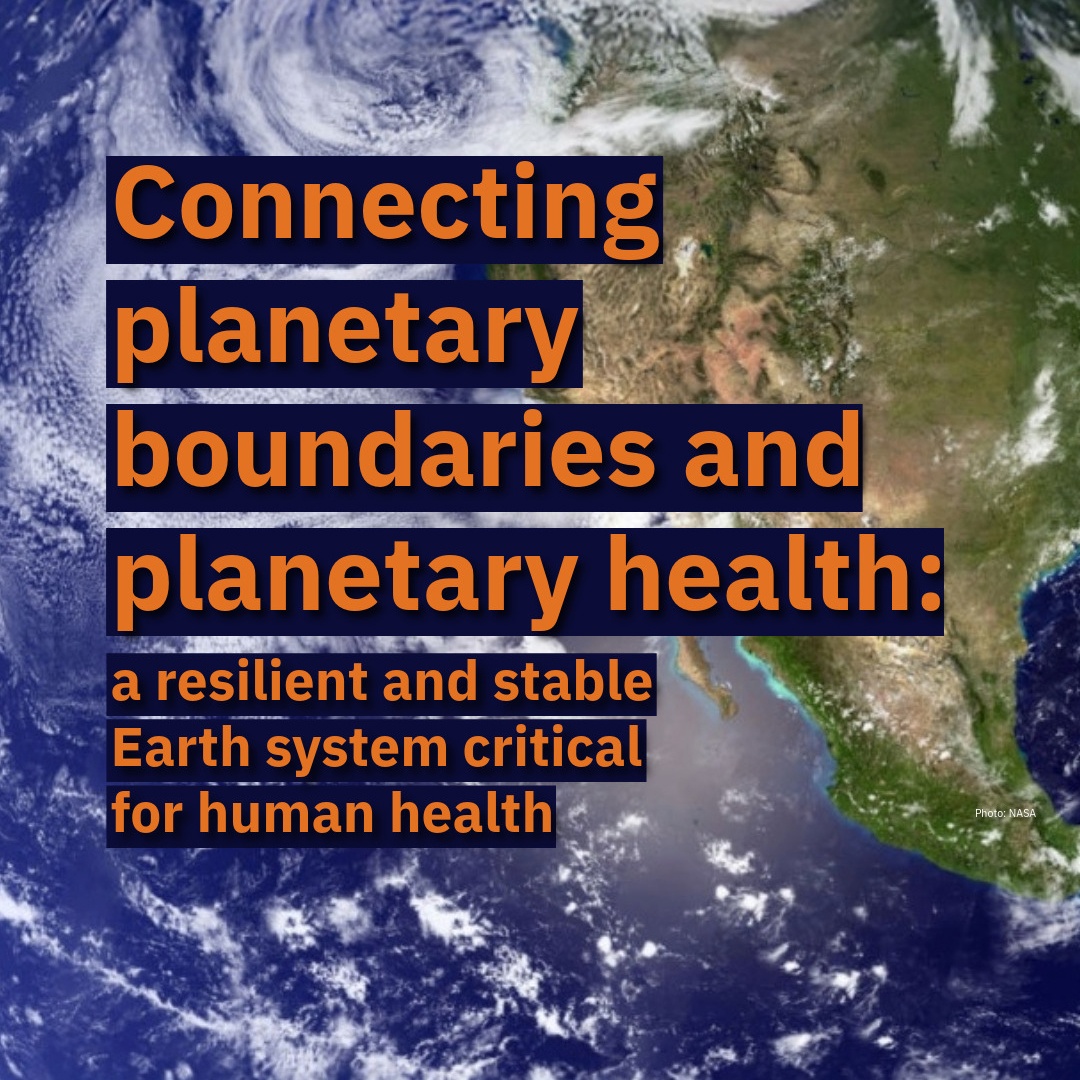What can we do to manage the Global Commons, such as atmosphere and oceans, within safe Planetary Boundaries? Overuse of the Global Commons by some puts their future availability for all at risk. This calls for innovative management approaches, like pricing schemes, that take into account a number of trade-offs. Namely, transgressing the Planetary Boundaries – including climate, but also biodiversity and biogeochemical flows - must be avoided to ensure a safe operating space for humanity. This challenge is interlinked with the one represented by the Tipping Elements – critical parts of the Earth system that are at risk of changing irreversibly if pushed too far, for instance the Amazon rainforest. The complex concepts of the Global Commons and the Planetary Boundaries build the underlying framework for PIK research, such as the Planetary Boundaries Science initiative.
Beginner's guides to Tipping Elements and Planetary Boundaries are available at the PIK infodesk.

